THE FEINSTEIN LABORATORY
Dr. Justin Feinstein of the Laureate Institute for Brain Research (LIBR) in Tulsa, OK currently uses the same pools as the ones at our float spa. His laboratory is interested in understanding the intimate connection between the body and the brain, and developing new technologies to help bring this connection to the forefront of awareness. Utilizing both the lesion method and functional neuroimaging, their research investigates how the human brain produces primal states of emotion, with an emphasis on the neuroscience of fear and treatments that alleviate anxiety.
Dr. Feinstein is important because it is the first peer-reviewed study of floatation using the special round, open pool and secondly, it is the first publication looking at a clinical population with PTSD, panic disorder, and other manifestations of anxiety. (A recent Swedish paper covered generalized anxiety.) It follows the pioneering work that he did on healthy people using fMRI to study their brains before and after floating.
In that earlier project, Dr. Feinstein was able to find significant brain changes in people who floated versus people who were just resting in a comfortable chair. The evidence of actual brain change is the clinical step they wanted to see to demonstrate that floating is a very special state of relaxation (research still ongoing).
Recently, for the first time ever in a clinical study, 50 anxious people floated for a single float session. Normally, these people would not go near a commercial float center because their anxiety, in its many forms, would make it difficult for them to consider such an experience. Astonishingly, every single participant found significant improvement in how they were feeling after just one float session.
Even more remarkable is the fact that the more severe their anxiety, the more relief those tested experienced and reported. To get that degree of success - and to have all of them report significant improvement - is a wonderful testament to the potential for the clinical use of floating and, of course, for the power it has for everyone to achieve profound, brain changing relaxation.
Floatation therapy is the ultimate non-invasive, non-drug induced way to achieve profound relaxation.
It is very moving to learn that some of the subjects felt "they got their life back" or that they found more improvement than gold-standard drug therapy was providing. And this was from a single float session, an hour or so of floating peacefully but in monitored, carefully calibrated conditions.
We do not want to suggest that you have to be suffering from anxiety to get the benefit of a float session! But rather, these results emphasize what a powerful tool the float tank can be in all of our lives.
When the body relaxes, the brain relaxes and this can produce profound changes which make us feel differently. The experience of floating is almost always positive and encourages the natural healing abilities we all have locked up in our cells.

